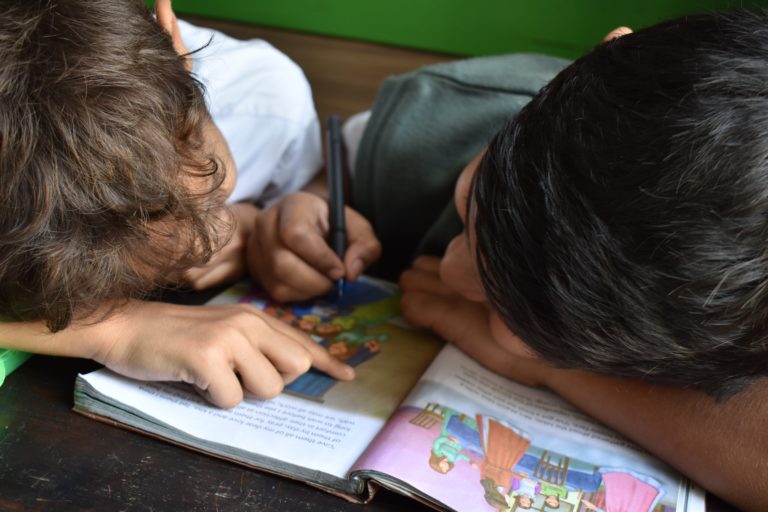Project Summary
Reducing social exclusion of children 0-6 years old
Friendesk
F.R.I.E.N.D.E.S.K. is a project aimed at reducing social exclusion of children 0-6 years old coming from marginalised contexts through the implementation of an innovative ECEC (Early Childhood Education and Care) model.
The project brings together 8 partner organisations with longstanding experience in the field of social inclusion and children education, with the aim to create and test an integrated system where teachers and experts involved in ECEC systems could work together for providing children households with an inclusive and all-encompassing service.
The general objective of F.R.I.E.N.D.E.S.K. is to reduce social exclusion of children 0-6 years old coming from marginalised contexts through the implementation of an innovative ECEC (early childhood education and care) model. More specifically, the project aims at creating and testing an integrated system where teachers,
educators, health-care workers and volunteers could work together for providing children households
with an inclusive and all-encompassing service.
Objectives
The specific objectives are:
To intervene on the cultural and social deprivation of children and families who live in conditions of greater precariousness due to low income, recent immigration, loss of work, illiteracy, psychic fragility geographical marginality. Children and their families are the main beneficiaries of this project
To increase the professional skills of teachers and educators, experts and schools staff, through inclusive methodologies and pedagogical approaches
To create an "educating community" made up of nurseries and primary schools, health-care services, hospitals and associations and all the other actors dealing with the rights of children, education and social inclusion
F.R.I.E.N.D.E.S.K. consists of four core phases:
1.
A context analysis and benchmarking focused on best practices across the European countries partners on the main reasons of social exclusion affecting households with children aged between 0 and 6 years old
2.
A transnational activity for external teachers and experts who work within the ECEC systems
3.
A period of experimentation of the Friendesk Model consisting on physical spaces hosted by schools and aimed at providing parents with any information, contact, treatment or other services offered
4.
A launching of an Integrated Web Platform useful to deliver training contents to experts ECEC


Considering the way in which ECEC systems are dependent on the responsible authorities at the highest level, which may be Ministries or Regions or Municipalities, at the end of the experimentation F.R.I.E.N.D.E.S.K. will try to engage public authorities in order to create guidelines improving on how to tackle child poverty and social exclusion through measures such as family support and benefits, quality childcare and early-childhood education.
